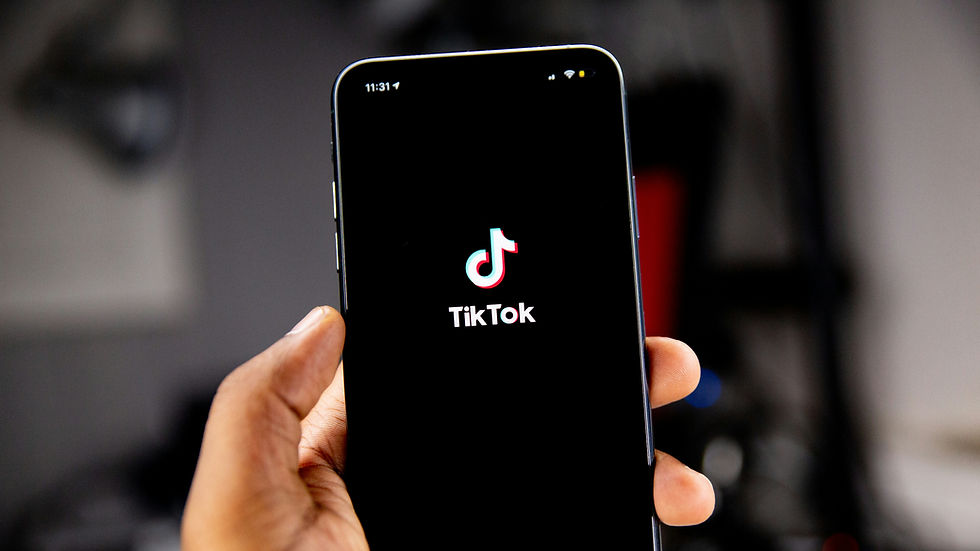AI Music Undetectable to Most Listeners, Survey Finds
- tech360.tv

- Nov 13, 2025
- 2 min read
A recent survey revealed 97% of listeners could not distinguish between artificial intelligence-generated and human-composed songs, highlighting growing concerns that AI could profoundly alter how music is created, consumed, and monetised. These findings underscore rising ethical concerns in the music industry.

AI tools capable of generating songs raise copyright concerns and threaten the livelihoods of artists. The Ipsos survey polled 9,000 participants across eight countries, including the U.S., Britain, and France.
Music streaming platform Deezer reported that most listeners desire clear labelling on AI-generated music. The study found 73% of respondents supported disclosure when AI-generated tracks were recommended.
Additionally, 45% sought filtering options, and 40% said they would skip AI-generated songs entirely. Around 71% of participants expressed surprise at their inability to distinguish between human-made and synthetic tracks.
Deezer, which has 9.7 million subscribers, has seen daily AI music submissions increase to more than 50,000. This figure represents about one-third of total uploads, a sharp rise from 18% in April.
The organisation has introduced tagging and excluded AI-produced tracks from editorial playlists and algorithmic recommendations to promote transparency. Deezer CEO Alexis Lanternier urged transparency, stating, "We believe strongly that creativity is generated by human beings, and they should be protected."
Lanternier noted the complexity of implementing differential payout structures for AI music, explaining that a "massive change" in remuneration policies remains challenging. Deezer has also begun excluding fake streams from royalty payments.
The issue garnered attention earlier this year when AI band The Velvet Sundown attracted one million Spotify listeners monthly before its synthetic origins became known. Separately, Universal Music Group recently settled a copyright case with AI music company Udio.
While financial terms were undisclosed, the parties plan to launch an AI-powered music creation platform in 2026. This platform will utilise licensed music to train the tool. A Munich court ruled that OpenAI's ChatGPT violated German copyright laws by reproducing song lyrics, a decision the company said it might appeal.

Consumer attitudes toward AI in media remain mixed. A May survey by Luminate found that the majority of U.S. audiences were indifferent or accepting of AI use in cinema tasks like visual effects, but sceptical of AI-written scripts or synthetic actors.
97% of listeners cannot distinguish between AI-generated and human-composed music.
The findings highlight ethical and copyright concerns, alongside threats to artists' livelihoods.
Most listeners desire clear labelling and filtering options for AI-generated music.
Source: REUTERS


